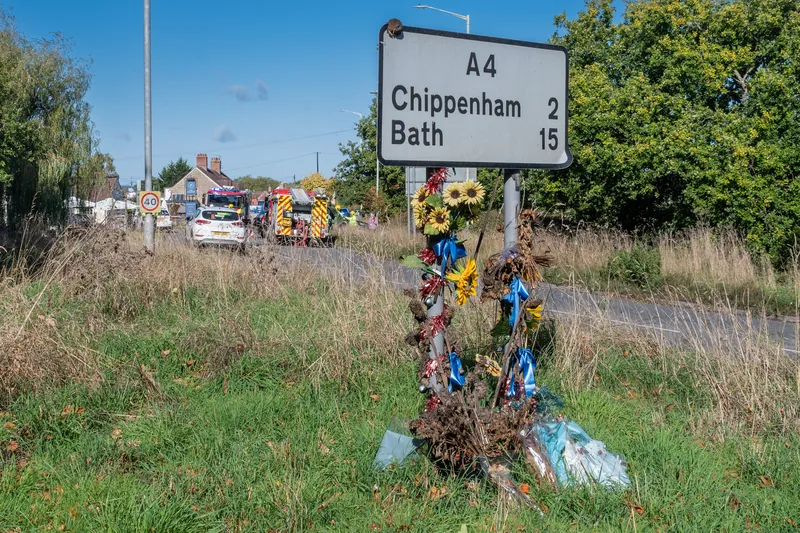The use of average speed cameras has been found, on average, to cut the number of crashes resulting in death or serious injury by more than a third, according to research for the RAC Foundation by Road Safety Analysis. Researchers found that on average, having allowed for natural variation and overall trends, the number of fatal and serious collisions decreases by 36 per cent after average speed cameras are introduced.
By the end of 2015 there were at least 50 stretches of road in Great Britain permanen
September 30, 2016
Read time: 2 mins
The use of average speed cameras has been found, on average, to cut the number of crashes resulting in death or serious injury by more than a third, according to research for the 4961 RAC Foundation by 5227 Road Safety Analysis. Researchers found that on average, having allowed for natural variation and overall trends, the number of fatal and serious collisions decreases by 36 per cent after average speed cameras are introduced.
By the end of 2015 there were at least 50 stretches of road in Great Britain permanently covered by average speed cameras monitoring a total length of 255 miles (410 km).
Steve Gooding, director of the RAC Foundation, said: “The indications are that compliance with average speed cameras is generally high; now this research reveals the sizeable impact they can have in reducing death and serious injuries.
“As the cost of technology continues to fall, more and more authorities are considering whether to install average speed cameras and so it will be important to ensure that casualty and compliance data is openly available so we can continue to assess and understand the road safety benefits they deliver.”
By the end of 2015 there were at least 50 stretches of road in Great Britain permanently covered by average speed cameras monitoring a total length of 255 miles (410 km).
Steve Gooding, director of the RAC Foundation, said: “The indications are that compliance with average speed cameras is generally high; now this research reveals the sizeable impact they can have in reducing death and serious injuries.
“As the cost of technology continues to fall, more and more authorities are considering whether to install average speed cameras and so it will be important to ensure that casualty and compliance data is openly available so we can continue to assess and understand the road safety benefits they deliver.”









